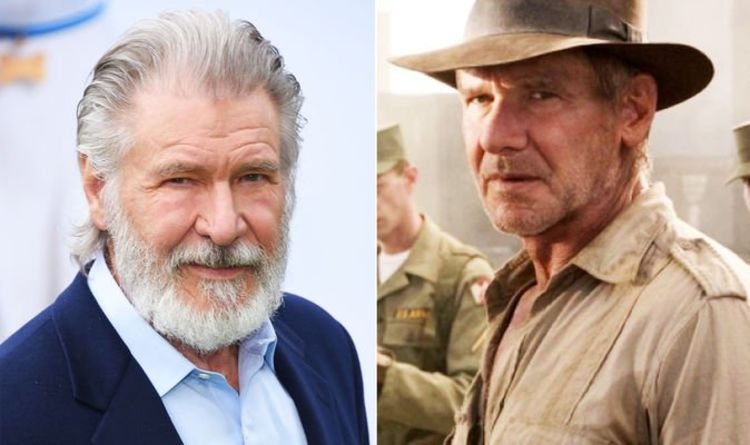The de-aging debate
Turning back time or an ethical issue?
Computer-generated imagery has come a long way in recent decades. What the past once thought of as impossible is now possible. This includes defying time and using said technology to de-age now much older actors, and even going as far as “resurrecting” a deceased actor to play a much-beloved character.
I got my first dose of this when I was 14 years old and went to see Rogue One: A Star Wars Story in theaters. Toward the end of the film, I saw something strange — Princess Leia was young again. I knew it couldn’t have been the actual Carrie Fisher. She had just passed away and was much older than she was when that version of her character appeared. I went home and read up about it. I found that Lucasfilm edited a young Fisher’s face onto another actress and used archival audio of Fisher to cover her speaking lines. I also found that the film used a similar process to bring back Grand Moff Tarkin, portrayed by Peter Cushing, who passed away in 1994. Lucasfilm used archival footage of Cushing and edited it over an actor who resembled him. I was shocked that this was even possible.
That was 6 years ago. Technology has come even further since then. Back then, you could tell when it was edited. Now when you see actors like John de Lancie and Harrison Ford being de-aged, it is almost impossible to tell.
While it is cool to see how this technology has evolved over the years, it can also bring forth an ethical issue when digitally recreating deceased actors. Some critics believe that recreating dead actors is disrespectful to the actors’ legacies, or that they shouldn’t be credited for the performance, since it technically isn’t actually them. Another argument is that studios shouldn’t be able to profit from deceased actors. It all boils down to one question: would that actor want to be recreated? In Peter Cushing’s case, Lucasfilm had secured permission from Cushing’s estate to digitally recreate him.
I agree that digitally recreated actors may portray beloved characters that audiences would love to see again, and in some instances, it can be a fitting tribute. However, it’s important to respect and preserve the legacies of these actors. Perhaps it is better to leave the past in the past.
By: Evan Majors

